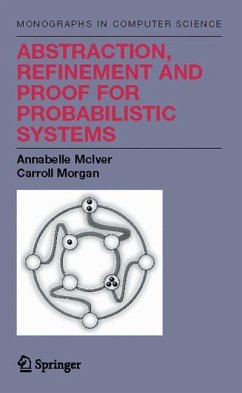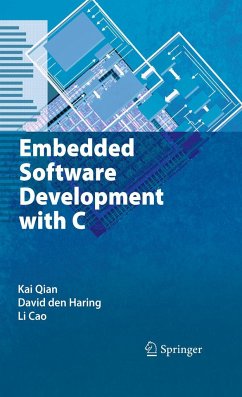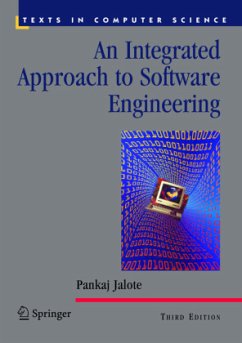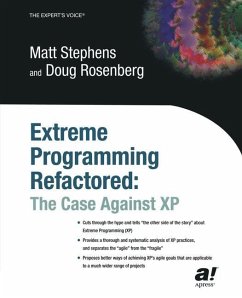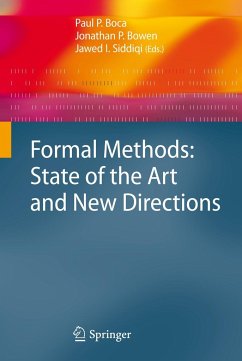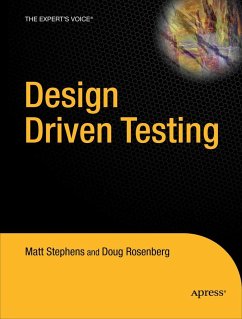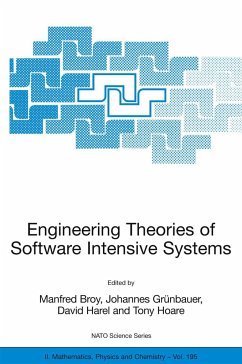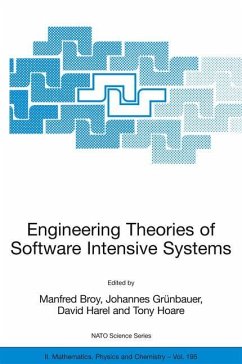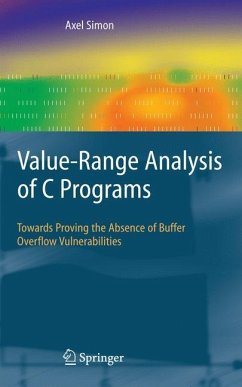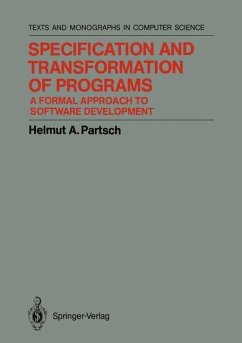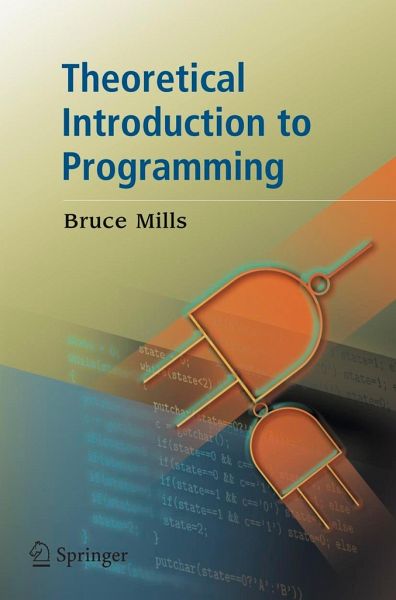
Theoretical Introduction to Programming

PAYBACK Punkte
26 °P sammeln!
Including easily digested information about fundamental techniques and concepts in software construction, this book is distinct in unifying pure theory with pragmatic details. Driven by generic problems and concepts, with brief and complete illustrations from languages including C, Prolog, Java, Scheme, Haskell and HTML.This book is intended to be both a how-to handbook and easy reference guide. Discussions of principle, worked examples and exercises are presented. All concepts outside introductory programming are explained with clear demarcation and dependencies so the experienced programmer ...
Including easily digested information about fundamental techniques and concepts in software construction, this book is distinct in unifying pure theory with pragmatic details. Driven by generic problems and concepts, with brief and complete illustrations from languages including C, Prolog, Java, Scheme, Haskell and HTML.
This book is intended to be both a how-to handbook and easy reference guide. Discussions of principle, worked examples and exercises are presented. All concepts outside introductory programming are explained with clear demarcation and dependencies so the experienced programmer can quickly locate material. Readable in a linear manner, with short mono-thematic to encourage dipping and reference. Also included are sections on open problems in software theory and practice.
While little other than a novice programmer's knowledge is explicitly assumed, a certain conceptual maturity, either through commercial programming or academic training is required each language is introduced and explained briefly as needed.
This book is intended to be both a how-to handbook and easy reference guide. Discussions of principle, worked examples and exercises are presented. All concepts outside introductory programming are explained with clear demarcation and dependencies so the experienced programmer can quickly locate material. Readable in a linear manner, with short mono-thematic to encourage dipping and reference. Also included are sections on open problems in software theory and practice.
While little other than a novice programmer's knowledge is explicitly assumed, a certain conceptual maturity, either through commercial programming or academic training is required each language is introduced and explained briefly as needed.





